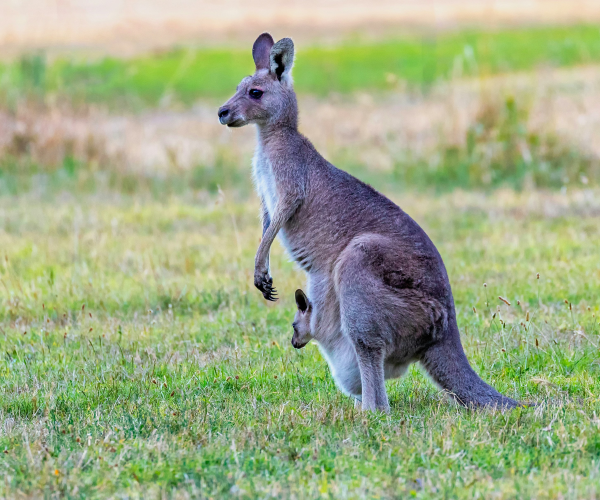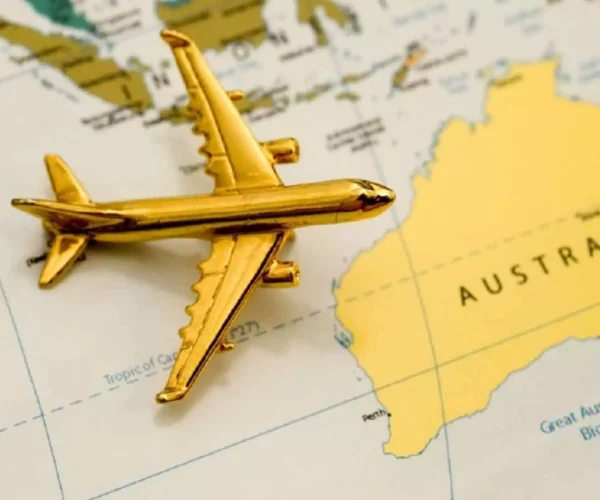Australia
Australia
Studying in Australia as an international student can be an exciting and enriching experience.
Australia is home to many world-class universities and colleges offering a diverse range of programs. Research institutions that offer programs aligned with your academic interests, career goals, and preferred location.
Admission Requirements: Review the admission requirements for international students at your chosen universities. These typically include academic transcripts, standardized test scores (such as the IELTS or TOEFL for English language proficiency), letters of recommendation, a statement of purpose or personal essay, and any additional requirements specific to your chosen program.


Financial Planning: Calculate the costs associated with studying in Australia, including tuition fees, accommodation, living expenses, health insurance, and transportation. Explore scholarships, grants, and other financial aid options for international students, as well as part-time work opportunities on or off-campus.
Apply for Admission: Once you’ve selected your preferred universities and programs, follow their application process for international students. Submit all required documents by the specified deadlines and pay close attention to any additional requirements or supplementary materials.
Obtain a Student Visa: Most international students will need a student visa to study in Australia. Once you’ve been accepted by an Australian institution and received a Confirmation of Enrolment (CoE) from the institution, you can apply for a student visa online through the Department of Home Affairs website. Be prepared to provide proof of financial resources, proof of English language proficiency, and other supporting documents.
Prepare for Departure: Arrange your travel plans, including booking flights and securing accommodation near your university or college. Familiarize yourself with the local area, climate, and transportation options. Consider attending orientation programs offered by your institution to help you adjust to campus life and academic expectations.
Maintain Visa Status: Once you arrive in Australia, make sure to comply with the terms and conditions of your student visa, including maintaining full-time enrollment, keeping your CoE up-to-date, and following any employment restrictions. Stay informed about your visa status and consult your designated student advisor for guidance on immigration matters.
Explore Opportunities: Take advantage of the numerous opportunities available to international students in Australia, such as academic and extracurricular activities, cultural events, internships, and networking opportunities. Immerse yourself in the vibrant campus community and make the most of your educational experience.


AUSTRALIA immigration –
Australia offers various immigration and work visa options for individuals seeking to live and work in the country. Here are some of the main visa categories:
Skilled Independent Visa (Subclass 189): This visa is for skilled workers who are not sponsored by an employer, a state, or a family member. To qualify, you must have an occupation on the relevant skilled occupation list, meet the points test pass mark, and be invited to apply.
Skilled Nominated Visa (Subclass 190): This visa is for skilled workers who are nominated by a state or territory government. To qualify, you must have an occupation on the relevant skilled occupation list, meet the points test pass mark, and be nominated by a state or territory government.
Skilled Work Regional (Provisional) Visa (Subclass 491): This visa is for skilled workers who are nominated by a state or territory government or sponsored by an eligible family member to live and work in a designated regional area of Australia. It replaced the Subclass 489 visa.
Employer-Sponsored Visas: These visas allow Australian employers to sponsor skilled workers to fill positions that they cannot find locally. There are several subclasses under this category, including the Temporary Skill Shortage (TSS) visa (subclass 482) and the Employer Nomination Scheme (ENS) visa (subclass 186).
Temporary Graduate Visa (Subclass 485): This visa is for international students who have recently graduated from an Australian educational institution. It allows them to live, study, and work in Australia temporarily after their studies are completed.
Business Innovation and Investment Visa: This visa is for individuals who want to own and manage a business in Australia or make a designated investment in an Australian state or territory.
Working Holiday Visa (Subclass 417 and 462): These visas allow young people aged 18 to 30 (and in some cases 18 to 35) from eligible countries to have an extended holiday in Australia and work temporarily to fund their stay.
Partner Visa: This visa is for individuals who are in a genuine relationship with an Australian citizen, permanent resident, or eligible New Zealand citizen.
These are general categories, and each visa subclass may have specific eligibility criteria, application requirements, and conditions. It’s essential to check the latest information on the Australian government’s official website or consult with a registered migration agent for personalized advice.

